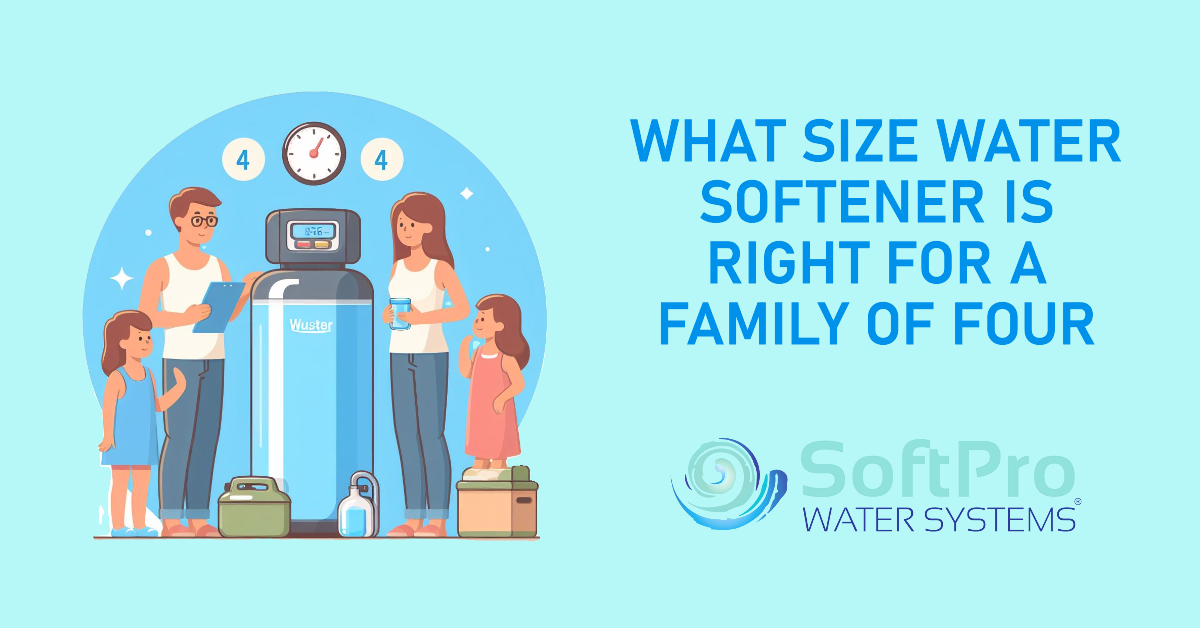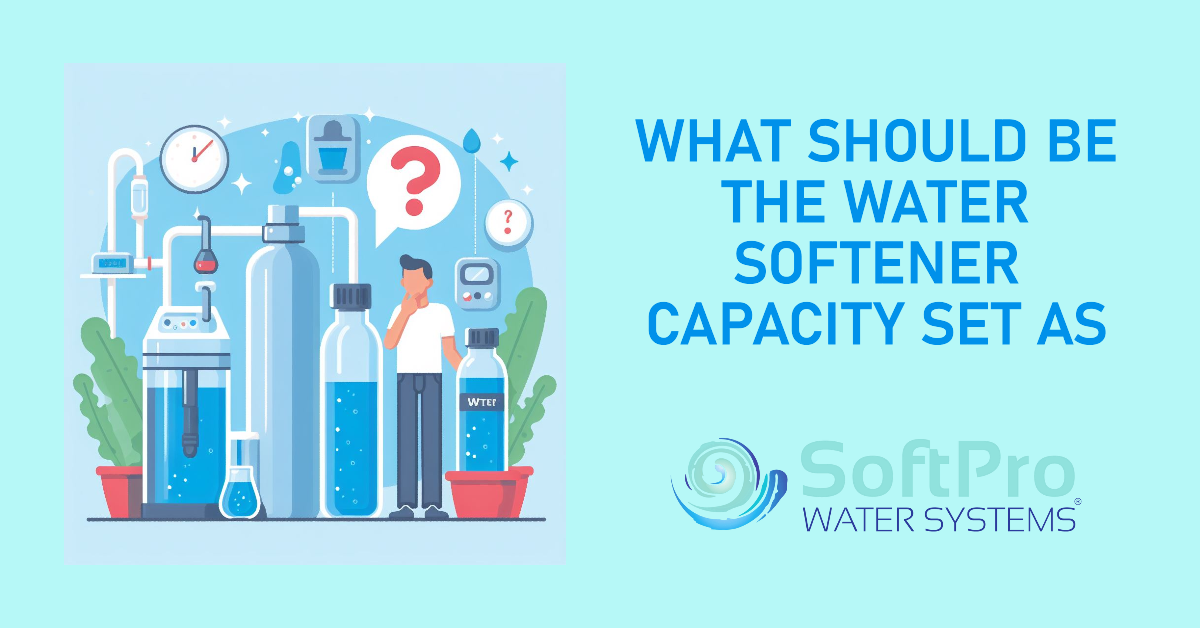How Does Water Softener Efficiency Affect Size Selection?
Table of Contents
Water softener efficiency plays a vital role in selecting the right size for your needs. A highly efficient softener effectively treats a larger volume of hard water with a smaller grain capacity, saving you money on salt and water while minimizing environmental impact. Let's understand how efficiency impacts your water softener choice.
Key Factors: Efficiency and Grain Capacity
- Grain Capacity: Water softeners work via ion exchange to remove hardness minerals (primarily calcium and magnesium). Grain capacity is the total amount of hardness a softener can eliminate between regeneration cycles, measured in grains.
- Efficiency: Water softener efficiency is measured by how much salt and water it consumes during regeneration. Highly efficient models are designed to minimize waste. Industry benchmarks often express efficiency as grains of hardness removed per pound of salt.
Why Efficiency Matters in Sizing
Selecting the right water softener size depends on these crucial factors:
- Hardness Removal: An undersized softener won't provide sufficient softening, leading to potential hard water problems.
- Regeneration Frequency: Oversized softeners regenerate less frequently. While seemingly convenient, this can promote bacterial growth in the resin bed and compromise the softener's long-term efficiency.
- Cost and Environmental Impact: Inefficient softeners waste salt and water, translating to higher operating costs and an increased environmental footprint. A correctly sized, efficient model significantly mitigates these downsides.
How to Optimize Size and Efficiency
- Water Hardness Testing: Get a professional water test or use a home kit to determine your water's hardness level in grains per gallon (GPG).
- Daily Water Usage: Estimate your household's average daily water usage in gallons. Factor in the number of residents and water usage habits (showers, laundry, etc.).
- Softener Capacity: Multiply your daily water usage by the hardness level (GPG). Choose a softener with a grain capacity exceeding this daily grain requirement by 20-30% to ensure optimal performance.
-
Efficiency Considerations:
- Prioritize models with high efficiency ratings. Look for a low salt usage per grain of hardness removed.
- Consider demand-initiated regeneration (DIR), which optimizes regeneration cycles based on actual water usage rather than a timer.
Efficiency Comparisons
- Salt-Based Softeners: Generally the most efficient, removing a high amount of hardness per pound of salt. Look for models exceeding 4,000 grains of hardness removal per pound of salt.
- Salt-Free Systems (Conditioners): These systems alter the structure of hardness minerals rather than removing them. They may be an option in areas with moderate hardness but typically have lower efficiency compared to salt-based softeners.
Advanced Efficiency Features
Variable or Proportional Brining: These technologies adjust the amount of salt used during regeneration based on the actual hardness level of your water, optimizing salt and water usage.
Example
If your household uses 300 gallons of water per day with 15 GPG hardness, your daily grain requirement is 4,500 grains. A softener with a 32,000-grain capacity is suitable. An efficient model with a 24,000-grain capacity might suffice if it features DIR and advanced brining.
Summary and Key Takeaways
Choosing a water softener isn't just about the grain capacity. Prioritizing efficiency unlocks numerous benefits for your household and the environment. From reduced salt consumption to lowered water bills, a highly efficient softener translates to long-term savings. Moreover, with features like demand-initiated regeneration and variable brining, modern water softeners maximize performance while minimizing their environmental footprint.
Key Takeaways
| Feature | Importance |
|---|---|
| Water Hardness Testing | Determines the appropriate grain capacity and efficiency level needed. |
| Salt-Based Softeners | Generally offer the highest efficiency, ideal for areas with significant water hardness. |
| Salt-Free Conditioners | May be suitable for moderate hardness but often less efficient compared to salt-based options. |
| Demand-Initiated Regeneration (DIR) | Optimizes regeneration cycles based on real water usage, saving salt and water. |
| Efficiency Ratings | Look for models exceeding 4,000 grains of hardness removed per pound of salt. |
Invest in a future of softer water and greater efficiency. Contact a reputable water treatment specialist today to assess your needs and explore the best water softener solutions for your home!






![SoftPro Chlorine+ Carbon Whole House Water Filter to Remove PFAS, Chlorine, Chloramine & Pesticides [City Water Filters Series]](http://www.softprowatersystems.com/cdn/shop/files/SoftPro_Whole_House_Carbon_Filter_Chlorine.webp?v=1769127507&width=140)
![SoftPro Iron Filter - Iron Master AIO - Best Iron Filter for Well Water [Air Injected Water Filter / Katalox]](http://www.softprowatersystems.com/cdn/shop/files/SoftPro_AIO_Iron_Master_-_Best_Whole_House_Iron_Filter_1b6d98eb-a7f7-4749-9306-7333a15685e9.webp?v=1769125508&width=140)













